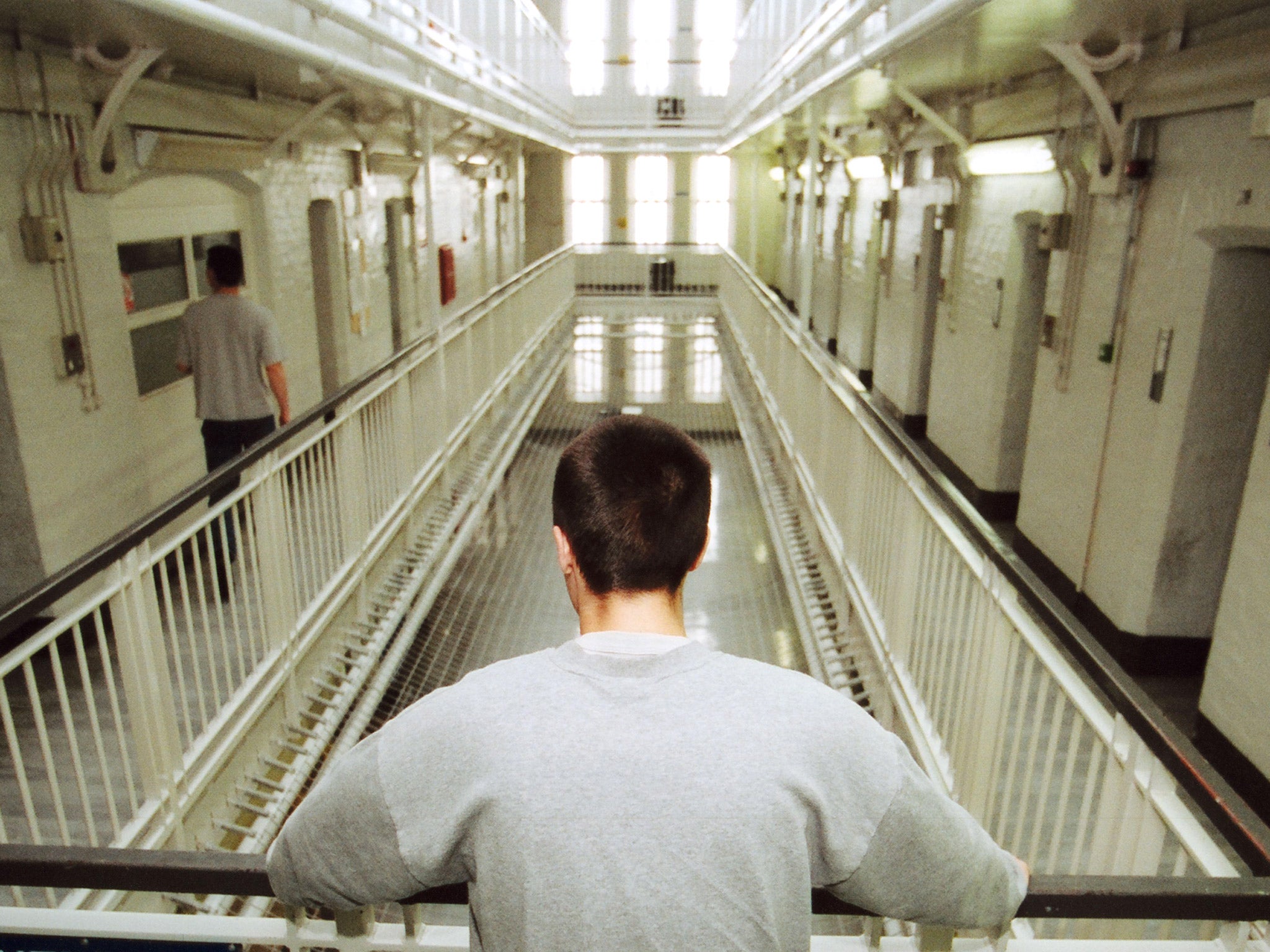'Risking public safety': probation chiefs vent fury at 'payments on results' private sector shake-up

Senior probation officers have accused the Government of "taking risks with public safety" by pressing ahead with an overhaul of offender rehabilitation which will see services outsourced to the private sector.
Private firms and charities will be rewarded on a "payments by results" basis and judged by reoffending rates, under reforms announced by Justice Secretary Chris Grayling.
But the Probation Chiefs Association (PCA) warned "something will go wrong" if plans to split up the provision of services for higher and lower risk offenders are put in place.
The changes will mean every offender leaving prison must serve a minimum of 12 months under supervision in the community.
Mr Grayling said all offenders who enter prison, even for just a few days, will be subject to new supervision and will be given support through housing, employment, training and substance abuse programmes.
And the reforms, to be rolled out across England and Wales by 2015, will see around 65,000 offenders, serving sentences of up to two years, receive extended rehabilitation.
PCA spokeswoman Sarah Billiald said: "Government says they are not taking risks with public safety and yet, by fragmenting the current provision between higher and lower risk offenders, that is exactly what they are doing."
She added: "The more disjointed the system, the higher the risk that something will go wrong."
Ms Billiald went on: "The Probation Service has delivered everything that Government has asked of it: all targets, all efficiencies, all quality improvements and a year-on-year reduction in reconvictions for those on community orders.
"It is packed full of dedicated probation staff with years of professional experience, qualifications and knowledge about what works best in their locality."
The Government argues that the reforms are needed due to stubborn reoffending rates, which have barely changed in a decade. More than 58% of prisoners serving less than 12 months committing further crime within a year of release.
However, the National Association of Probation Officers (Napo) union said it refused to "accept the implied criticism of our members for the increase in reoffending rates for those serving short-term custodial sentences".
Ian Lawrence, Napo acting general secretary, said: "The Probation Service has no responsibility for the supervision of this group, in fact no-one does.
"Reoffending rates for those under probation supervision on community sentences have in fact fallen by 5.6% over the last eight-year period compared to a rise of 6.4% for those serving short sentences of 12 months or less."
The Government is to undertake the biggest reorganisation of the prison estate in more than 20 years, creating a nationwide network of around 70 "resettlement prisons" so that nearly all offenders are released into the area in which they will live and be supervised.
And it will make it harder for offenders to move homes while they are under supervision to ensure continuity in the support they receive.
The plans will also see England and Wales divided into 21 areas, which align with local authorities and Police and Crime Commissioner areas.
Private and voluntary sector organisations will then be invited to bid for work in these areas.
Mr Grayling said: "Tackling our stubbornly high reoffending rates has dogged successive governments for decades. These reforms represent a golden opportunity to finally turn the tide and put a stopper in the revolving door of the justice system.
"It is simply not good enough that we spend £4 billion a year on prisons and probation, and yet make no real dent in the appetite of offenders to commit more crime. It is little wonder when many of our most prolific criminals leave prison totally unsupervised in the community.
"These reforms are essential and will ensure that offenders are properly punished but also given targeted support to help them turn away from crime for good."
Shadow justice secretary Sadiq Khan said: "Reducing reoffending is one of the best ways to reduce crime, cut the number of victims and shrink the cost of our criminal justice system.
"But as usual with David Cameron he has promised change but has failed to deliver - on rehabilitation they have wasted the last three years doing nothing.
"Behind the headlines the Government has no idea how their policies will be implemented. They have no answers to questions such as how much will the doubling of the workload for probation cost, where the money is coming from or how the overcrowded prison estate cope with their local resettlement plans.
"This is another wasted chance by the Government - it should have pursued a model that focused on evidence of what works to reduce reoffending.
"Instead it has obsessively pursued pet projects leading to the imposition of an untried and untested payment by results model on the Probation Service which will take big risks with public safety and taxpayers' money."
PA
Subscribe to Independent Premium to bookmark this article
Want to bookmark your favourite articles and stories to read or reference later? Start your Independent Premium subscription today.

Join our commenting forum
Join thought-provoking conversations, follow other Independent readers and see their replies